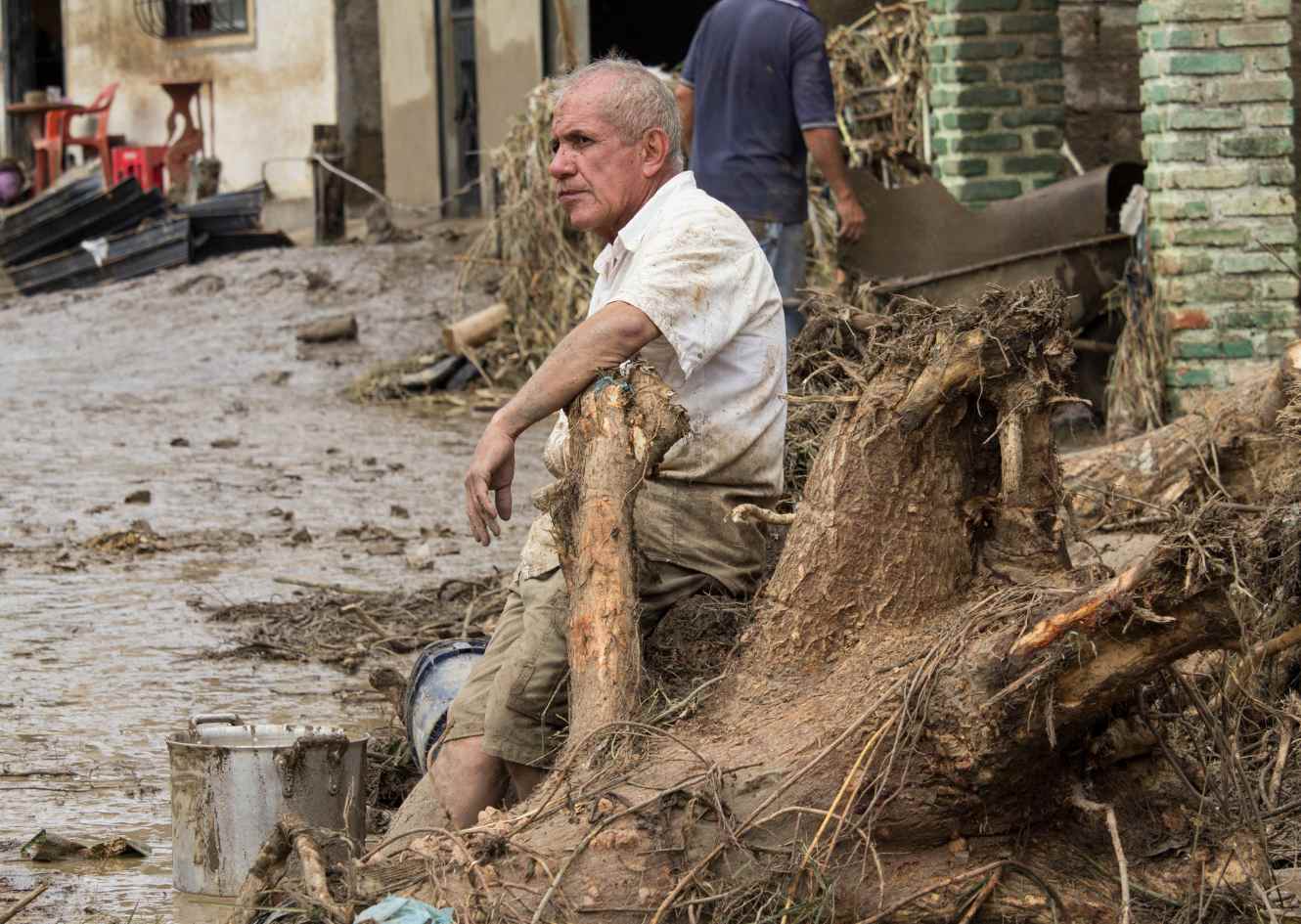The Threat of Climate Change Is Impacting Life

Climate change, a global phenomenon characterized by long-term shifts in weather patterns, temperatures, and precipitation, poses an unprecedented threat to life on Earth. Driven primarily by human activities, such as burning fossil fuels, deforestation, and intensive agriculture, climate change has far-reaching consequences for ecosystems, human health, food security, and economic stability. This comprehensive article delves into the science of climate change, its current and future impacts on life, and the urgent need for global cooperation and action to mitigate its effects.
Understanding the Science of Climate Change
The Earth’s climate is a complex and dynamic system influenced by numerous factors, including solar radiation, volcanic activity, and atmospheric composition. Over the past century, human activities have significantly altered the composition of the atmosphere, primarily through the release of greenhouse gases (GHGs) such as carbon dioxide (CO2), methane (CH4), and nitrous oxide (N2O). These gases trap heat within the Earth’s atmosphere, leading to a gradual increase in global temperatures known as global warming.
The primary source of GHG emissions is the burning of fossil fuels for energy production, transportation, and industrial processes. Other significant contributors include deforestation, which reduces the Earth’s capacity to absorb CO2, and agricultural practices, which emit methane and nitrous oxide. The current concentration of CO2 in the atmosphere is over 400 parts per million (ppm), a level not seen in at least 800,000 years. As a result, global average temperatures have risen by approximately 1.2 degrees Celsius (2.2 degrees Fahrenheit) since the late 19th century, with further warming expected in the coming decades.
Current and Future Impacts of Climate Change
The consequences of climate change are already being felt worldwide and are expected to intensify over time. Some of the most significant impacts include:
Rising Sea Levels: As temperatures rise, polar ice caps and glaciers are melting at an accelerated rate, causing sea levels to rise. This phenomenon threatens coastal communities, infrastructure, and ecosystems with increased flooding, storm surges, and saltwater intrusion into freshwater resources.
Extreme Weather Events: Climate change will increase the frequency, intensity, and duration of extreme weather events, such as hurricanes, heat waves, droughts, and floods. These events can result in widespread destruction, loss of life, and economic hardship.
Disruption of Ecosystems: As temperatures and precipitation patterns change, ecosystems are disrupted, with many species struggling to adapt to new conditions. It can lead to shifts in species distribution, changes in migration patterns, and the decline or extinction of vulnerable species. In addition, coral reefs, for example, are particularly sensitive to rising ocean temperatures and acidification, with many experiencing severe bleaching events and mortality.
Threats to Food Security: Climate change poses significant challenges to agriculture, as rising temperatures, changing precipitation patterns, and extreme weather events can reduce crop yields, increase the prevalence of pests and diseases, and disrupt food supply chains. It is particularly concerning for regions already facing food insecurity and malnutrition.

Human Health Impacts: Climate change has wide-ranging implications for human health, including increased heat stress, respiratory issues due to poor air quality, and the spread of vector-borne diseases such as malaria and dengue fever. Moreover, the indirect effects of climate change, such as food and water scarcity, displacement, and conflict, can exacerbate existing health disparities and vulnerabilities.
Economic and Social Disruptions: The consequences of climate change will bring significant economic and social repercussions, with potential impacts on industries such as agriculture, tourism, and insurance. Additionally, climate change may lead to increased displacement and migration, as individuals and communities will relocate due to sea-level rise, extreme weather events, and resource scarcity. It can exacerbate social tensions and contribute to political instability in vulnerable regions.
Global Cooperation and Action: The Path Forward
Addressing the global climate crisis requires urgent and coordinated action at international, national, and local levels. Key strategies to mitigate climate change and its impacts include:
Reducing Greenhouse Gas Emissions: The most critical step in addressing climate change is to reduce GHG emissions. It can be achieved by transitioning to renewable energy sources, improving energy efficiency, promoting sustainable land use and forestry practices, and investing in low-carbon technologies.
Implementing Adaptation Measures: As climate change impacts are already being felt worldwide, it is essential to implement adaptation measures to protect vulnerable communities and ecosystems. It can include infrastructure improvements to protect against sea-level rise and flooding, early warning systems for extreme weather events, and developing climate-resilient crops and agricultural practices.
International Cooperation: Climate change is a global problem that requires global solutions. International cooperation is crucial in mobilizing resources, sharing knowledge and technology, and implementing policies to reduce emissions and support adaptation efforts. The Paris Agreement, adopted in 2015, represents a significant milestone in global climate action, with nearly 200 countries committing to limit global warming to below 2 degrees Celsius (3.6 degrees Fahrenheit) above pre-industrial levels.
Public Awareness and Education: Raising public awareness about the causes and consequences of climate change is essential to building support for climate action and fostering sustainable behaviors. Education initiatives should aim to increase understanding of the science behind climate change, promote sustainable practices, and empower individuals and communities to take action.
Sustainable Development: Addressing climate change requires rethinking our global economic and development paradigms. By integrating climate considerations into development planning, we can pursue a more sustainable, equitable, and resilient future that benefits both people and the planet.
Climate change presents an existential threat to life on Earth, with far-reaching consequences for ecosystems, human health, food security, and economic stability. As global temperatures continue to rise, the urgency of addressing this crisis becomes increasingly apparent. However, we can confront the climate crisis head-on and protect our planet for future generations through international cooperation, implementing mitigation and adaptation strategies, public awareness and education, and a commitment to sustainable development. The time for action is now; the future of life on Earth depends on our choices.